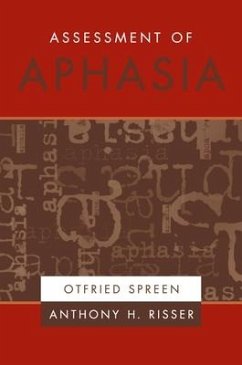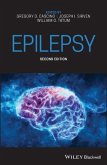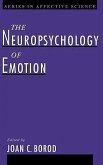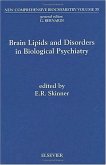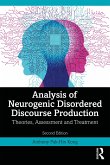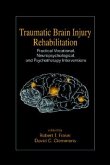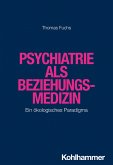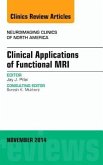Spreen and Risser present a comprehensive, critical review of available methods for the assessment of aphasia and related disorders in adults and children. The authors explore test instruments and approaches that have been used traditionally for the diagnosis of aphasia, ranging from bedside screening and ratings, to tests of specific aspects of language, and to comprehensive and psychometrically standardized aphasia batteries. Coverage of other methods reflects newer trends, including the areas of functional communication, testing of bilingual patients, psycholinguistic approaches, and pragmatic and discourse-related aspects of language in everyday life. The authors also examine the expansion of language assessment to individuals with non-aphasic neurological disorders, such as patients with traumatic brain injury, lesions of the right hemisphere, the healthy elderly, and invidulas with dimentia. Taking a flexible and empirical approach to the assessment process in their own clinical practice, Spreen and Risser review numerous test instruments and their source for professionals and students-in-training to choose from in their own use. The introductory chapters cover the history of aphasia assessment, a basic outline of subtypes of aphasia- both neuro-anatomically and psycholinguistically-, and the basic psychometric requirements for assessment instruments. The final part discusses issues in general clinical practice, specifically questions of test selection and interpretation. The book is a thorough and practical resource for speech and language pathologists, neuropsychologists, and their students and trainees.
Hinweis: Dieser Artikel kann nur an eine deutsche Lieferadresse ausgeliefert werden.
Hinweis: Dieser Artikel kann nur an eine deutsche Lieferadresse ausgeliefert werden.

